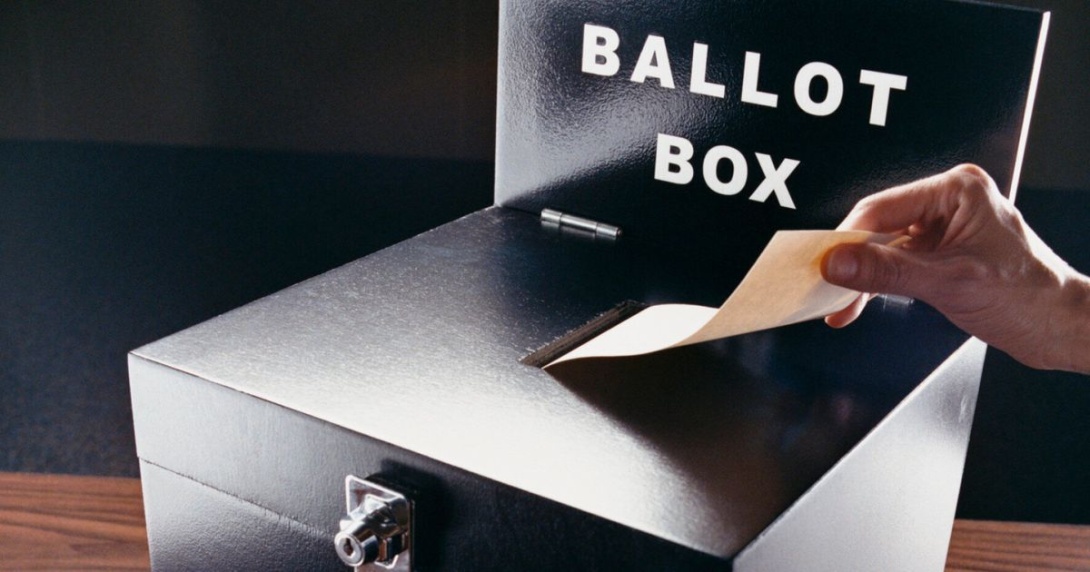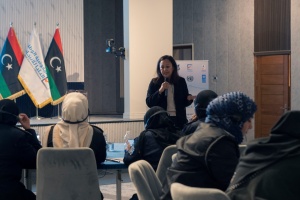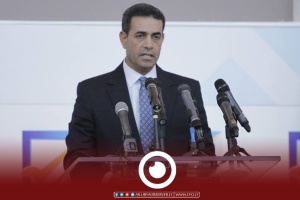With less than a week to go to the UN-demanded voting day in Libya, anyone following developments in the northern African country would have been left with little doubt that the presidential poll, due on 24 December, will not take place as planned.
With no elections in sight, the question is no more "if" or "will" but who will break the bad news.
The head of the High National Elections Commission (HNEC), Emad al-Sayeh, said Sunday that the commission stands ready to hold the elections on time and the ball is in the Parliament's court.
He told the Anadolu News Agency that it is not within the competence of the HNEC to announce the postponement of the elections.
"The head of the parliamentary committee in charge of monitoring the elections declared that the postponement of the elections is inevitable, and if there is a postponement, the House of Representatives is the one to announce the decision, not the commission."
He underscored that whoever issues the execution order is the one to suspend it and arrange the date of the polling day, let alone the decision to postpone.
Meanwhile, the head of the Electoral Legislation Drafting Committee, Abdul Hadi Al-Saghir, confirmed to Al-Jazeera that the decision to postpone the elections had been made, but without any official announcement.
"The HNEC did not set any date and left the door open to the House of Representatives... It has no choice but to propose another date and submit it to the House of Representatives to consider," he explained.
Both presidential and legislative polls had been scheduled for 24 December, but in early October, the Parliament postponed the legislative elections until January.
The bumpy road to the ballot box was marred with major differences on core issues, not least the disputes over the constitutional basis, voting laws, the powers to be given to whoever wins, the controversial figures running for the presidential chair.
Despite the high risks that the outcomes of the elections would not be accepted as legal by key parties on the ground, there is a growing push in US and western circles to stick to the UN time table to bring the Libyan crisis to a close. However, many on the domestic front believe that's unlikely to be the end of the story.







